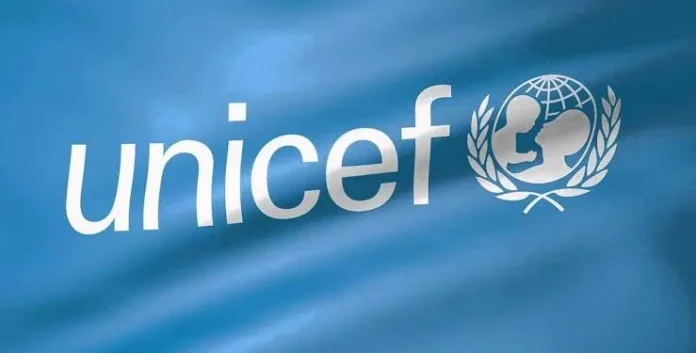FROM MUSA DISSO, SOKOTO
The United Nations International Children Fund (UNICEF) has disclosed that Northern Nigeria dominates in the number of out –of– school children in the country, with a whopping 69% of the over 13.9 million children.
UNICEF country representative in Nigeria, Cristine Munduate, who made the disclosure during the inauguration of a digital village, specially designed for the Almajiri and adolescent girls in Sokoto state on Wednesday, stated further that among the figure, girls constitute the highest with 60%.
Speaking during the commissioning ceremony of the project, which is in partnership with the Sokoto state government, Munduate said the initiative reflects UNICEF’s commitment to bridging the digital divide for most vulnerable and underserved children.
She said, “By equipping Almajiris and out of school adolescent girls with digital skills, we are building their capacity to thrive in a tech-driven world.”
The Country representative, who was represented at the ceremony by Chief of Field Office, Sokoto, Michael Juma, assured that the United Nations agency would continue to collaborate with the Sokoto state government to strengthen interventions aimed at preventing violence, abuse, neglect and exploitation of children.
She added that the digital and skills acquisition village is an investment aimed at proactively addressing child vulnerabilities, building resilience and unlocking the potential for Almajiri and out-of-school adolescent girls who are often left behind.
“This Digital Village and Sills Acquisition centre was aimed to close the digital divide by providing children and young people lacking adequate parental care as well as the surrounding vulnerable communities with meaningful access to digital technology and digital literacy skills to support their education, protection and development needs as well life skills, acquiring skills for empowerment of girls and boys, entrepreneurial training.
“We as development actors also have an important role to play in the implementation of the policies and strategies to ensure that families and community support systems, as well as Sub-National governments, communities and traditional systems to provide a conducive and sustainable system for children to thrive.”
It is important to note that there are an estimated 9.5 million almajiri across the country, with the highest concentration in the Northern part of the country
Also speaking, the UNICEF Chief Child Nutrition and Development, Nemat Hajeebhoy reaffirmed the UNICEF resolve and commitment to safeguarding the health and dignity of every child.
She expressed the commitment of UNICEF to the project, and assured that the United Nations agency will continue to support the Sokoto state government to implement Child Nutrition policy in an effective and efficient manner.
“We have a unique window of opportunity through the Child Nutrition Fund,”
“A one-to-one match fund – where every Naira invested by Sokoto State will be matched by one Naira from the Fund.”
In his remarks, the governor of Sokoto state, Ahmed Aliyu, described the initiative as a game changer, adding that it is another significant step to remodel the lives of almajiris and out of school adolescent girls in the state

